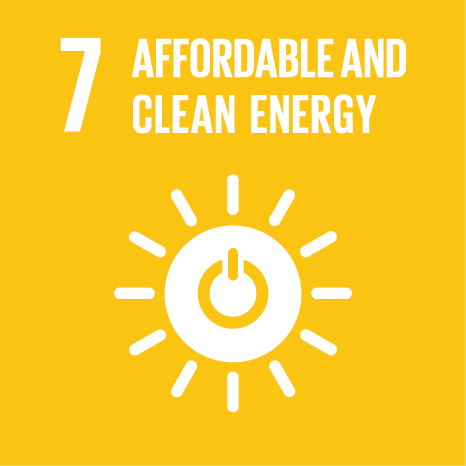Expert engagements with future energy communities: examining tensions between imaginaries, justifications and institutions in Portugal
Event Title
Politics of engagement and new social pragmatism, 16th Conference of the European Sociological Association, August 29
Year (definitive publication)
2024
Language
English
Country
Portugal
More Information
--
Web of Science®
This publication is not indexed in Web of Science®
Scopus
This publication is not indexed in Scopus
Google Scholar
This publication is not indexed in Overton
Abstract
This study investigates the formation and interpretation of new laws for "Renewable Energy Communities" in Portugal by experts from legal, scientific, political, and economic fields. Utilizing pragmatic sociology and discourse analysis, it scrutinizes legal documents, policy frameworks, and expert interviews to understand how these new constructs are construed as viable solutions for energy transition and climate change. The research probes into the institutionalization process of these laws, examining how future-oriented engagements influence them. It inquires into how various institutional practices, types of expertise, and social representations have shaped these laws, exploring different orientations towards the future (such as possible, probable, hoped-for, or feared outcomes) and their relationship with distinct regimes of engagement.
In particular, new energy laws are treated as the site of struggle between a plurality of competing social representations of the common good, which are constituted by, among other things, imagined publics and expectations of the future. In the case analysed here, social representations of "active" versus "passive" citizens, and of "communities of place" versus "communities of interest" are playing a pivotal role in the transposition of Renewable Energy Communities in Portugal, as are representations of security, liberty and fairness. We highlight how technical experts navigate these discursive tensions, reinterpreting key attributes of energy communities.
This analysis reveals that despite critical tensions, a stable and conventional approach to energy transition is discursively sustained. This conventional path involves scaling up community energy, anchoring it in dominant institutional logics and neoliberal ideologies. The study thus sheds light on the complexities of institutionalizing Renewable Energy Communities in Portugal, demonstrating the interplay between forms of engagement, orders of worth and social representations in shaping energy policies.
Acknowledgements
--
Keywords
Fields of Science and Technology Classification
- Sociology - Social Sciences
Contributions to the Sustainable Development Goals of the United Nations
With the objective to increase the research activity directed towards the achievement of the United Nations 2030 Sustainable Development Goals, the possibility of associating scientific publications with the Sustainable Development Goals is now available in Ciência_Iscte. These are the Sustainable Development Goals identified by the author(s) for this publication. For more detailed information on the Sustainable Development Goals, click here.

 Português
Português




